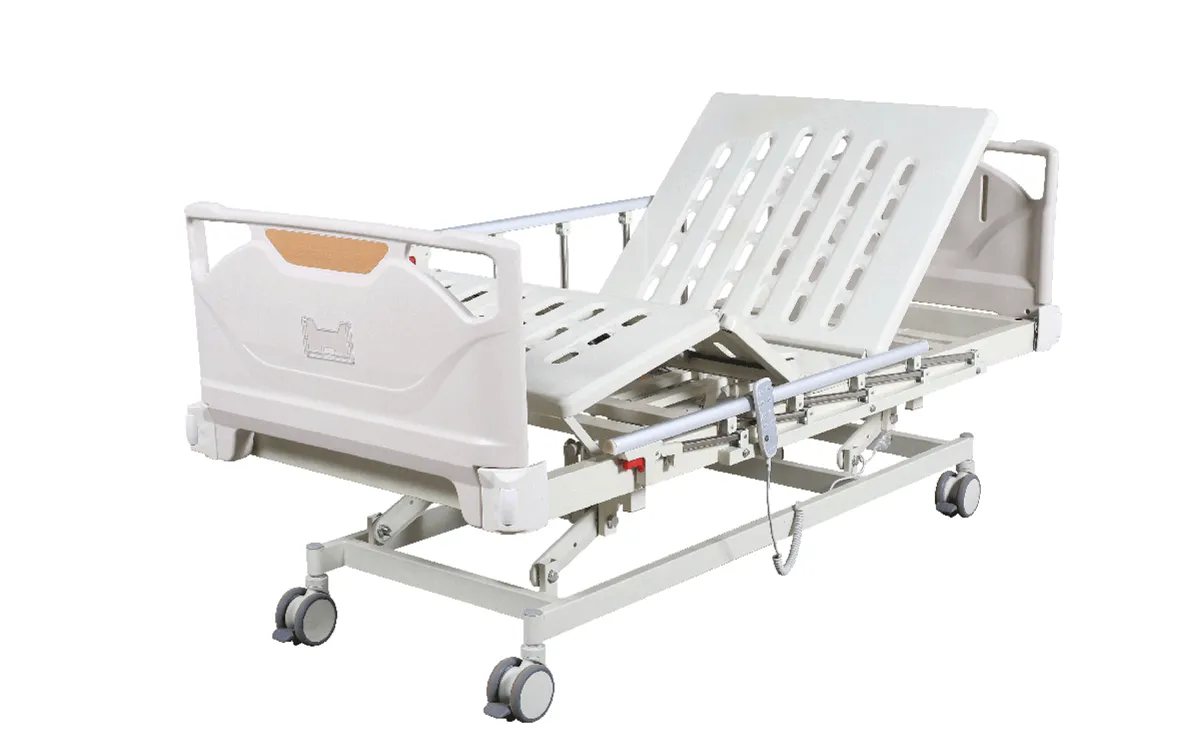Welcome to our websites!
Effective Rehabilitation Walkers for Enhanced Mobility and Independence in Recovery
The Importance of Medical Rehab Walkers in Rehabilitation
Rehabilitation is a critical component of recovery for individuals who have experienced injuries, surgeries, strokes, or chronic conditions that affect their mobility. Among the various tools and equipment used in rehabilitation, medical rehab walkers stand out as essential devices that significantly aid individuals in regaining their independence and mobility. These walkers provide support and stability, enabling patients to practice walking and improve their overall strength and coordination.
Understanding Medical Rehab Walkers
Medical rehab walkers, commonly referred to as gait trainers or walking frames, are specially designed to assist patients during their recovery process. Unlike standard walkers, medical rehab walkers often feature advanced designs that cater to the specific needs of individuals undergoing rehabilitation. They typically have adjustable heights, a stable frame, and sometimes even wheels to facilitate easier movement. Some models are equipped with additional features, such as hand brakes, ergonomic grips, and seat options to provide comfort during rest.
Why Are Walkers Important in Rehabilitation?
1. Enhanced Stability and Safety One of the primary concerns for individuals recovering from injuries or surgeries is the risk of falls. Medical rehab walkers provide a stable base that helps reduce this risk. Patients can lean on the walker for support, which allows them to focus on regaining their balance and strength without the fear of stumbling.
2. Improved Mobility and Independence Walkers encourage patients to mobilize and practice walking, which is a crucial part of the rehabilitation process. By using a walker, patients can gradually increase their mobility, which is vital for regaining independence. The psychological boost of being able to move around without constant assistance can be significant for anyone in recovery.
3. Form and Technique Training Medical rehab walkers allow therapists to instruct patients on correct walking techniques. This is essential for developing muscle memory and coordination. Therapists can guide patients in proper posture and gait patterns while using the walker, which will help prevent future injuries.
4. Adjustability for Different Needs Many medical rehab walkers are adjustable, accommodating varying heights and levels of ability. This feature is particularly important for rehabilitation facilities where multiple patients may need to use the same equipment. Customization ensures that each patient receives the appropriate level of support, enhancing their recovery experience.
medical rehab walkers

Types of Medical Rehab Walkers
There are various types of medical rehab walkers available, each designed for different levels of injury or condition
- Standard Walkers These are simple frames without wheels, providing maximum stability for individuals who need extra support.
- Rollators Equipped with wheels and hand brakes, rollators are suitable for patients who require some assistance but have enough strength to navigate independently.
- Four-Wheeled Walkers These walkers allow for a more dynamic movement, facilitating walking and turning with ease, making them ideal for individuals who have some strength and balance already but still need additional support.
Incorporating Walkers into Therapy Sessions
Physical therapists play a vital role in incorporating medical rehab walkers into a patient’s therapy plan. They assess the patient's needs and determine the most suitable type of walker for their condition. Additionally, therapists build customized exercise plans that include walking exercises to improve strength, flexibility, and endurance. This comprehensive approach ensures that the patient not only learns to use the walker but also works on their overall mobility and health.
Conclusion
Medical rehab walkers are invaluable tools in the rehabilitation process, offering increased stability, mobility, and independence to those recovering from various conditions. Their simple yet effective design allows patients to practice walking safely while building confidence in their abilities. As rehabilitation techniques continue to evolve, the integration of such devices will remain a fundamental aspect of helping individuals regain control of their mobility and improve their quality of life. Whether recovering after surgery, an injury, or managing a chronic illness, medical rehab walkers are a critical resource in the journey toward recovery.
-
Transforming Healthcare with Hospital FurnitureNewsJun.24,2025
-
Rehabilitation EquipmentNewsJun.24,2025
-
Mobility and Independence with WheelchairsNewsJun.24,2025
-
Freedom of Mobility with Our Rollator WalkersNewsJun.24,2025
-
Comfort and Independence with Commode ChairsNewsJun.24,2025
-
Bathing Safety and Independence with Shower ChairsNewsJun.24,2025
-
Navigating the Wholesale Landscape of Electric Mobility Solutions: Key Considerations for Power Wheelchair DealersNewsJun.10,2025











